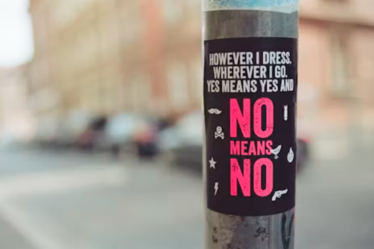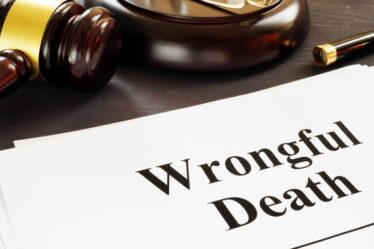
In contemporary times, social media is an essential element of our daily lives. It enables us to nearly share any personal experience through different platforms like Facebook, Twitter, Instagram, and LinkedIn and still interact with families, and friends easily while still being able to express our feelings and lives. Here in this article, we will discuss how your social media activity could play a role in your personal injury claim, and how to avoid making any social media mistakes while your case is pending. For further details visit this website
Social Media Impact on Personal Injury Claims
You seek restitution for losses brought on by the carelessness of another person when you make a personal injury claim. Medical bills, missed income, pain and suffering, and other associated expenditures are frequently included in these damages. The other party’s insurance company or legal team may utilize whatever you publish online as evidence to contest the legitimacy of your injuries and the severity of your suffering while your claim is being handled.
How Social Media Posts Can Be Used Against a Person?
- Contradicting Evidence: If you say that you have serious injuries that impact your ability to move but you also post photos or videos of you exercising, then the other side can use that against you to show that your injuries are not what you claim them to be.
- Inconsistent Statements: Anything you say about your accident, injuries or recovery on social media can be used against you. In other words, if your post argues against what you said in a legal document or at a deposition, it goes against you.
- Public Perception: Pictures or posts that show you living your life despite your limitations can be used to convince a jury that you cannot be suffering too much pain and suffering. Even content portraying you as happy or unfazed can be perceived differently and come back to bite you.
- Admission of Fault: Your claim may be seriously harmed by any posts or comments that suggest you were partially to blame for the accident.
- Witness Testimonies: Posts or comments by friends or acquaintances who tag you can serve as evidence that may challenge your assertions.
Some Advice for Using Social Media While Filing a Personal Injury Claim
- Do Not Talk about Your Case on the Internet: Don’t write about your crash, your injuries, or your case. People comment on anything about your health, progress of recovery, conversations with your lawyer, and so on.
- Photos and Videos Will Require Extra Caution: Do not post new pictures or videos displayed by your exercising activities that will be around read mistaken. No matter how you see your activity level, even if it does make sense with your injuries alleged, you should simply never post any of them.
- Monitor Tagged Content: Be on the lookout for posts made about you by friends or family. Request that they take down potentially damaging material
- Inform Your Attorney: Update your lawyer on social media usage. They can make recommendations on what to not post and how to deal with any potentially damaging posts already released.
Illinois personal injury claims can be impacted greatly by social media. The other side can use anything you post online against you, from whether or not your injuries are as serious as you claim, how credible you are, and whether or not your entire case even has legitimacy. By having this knowledge of how social media can negatively impact your personal injury case and following the tips above, you can protect yourself and hopefully receive the compensation you deserve for your injuries.

